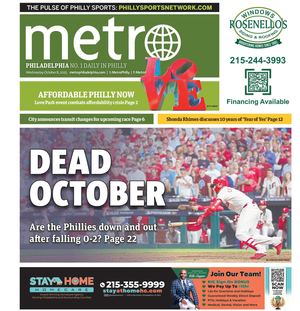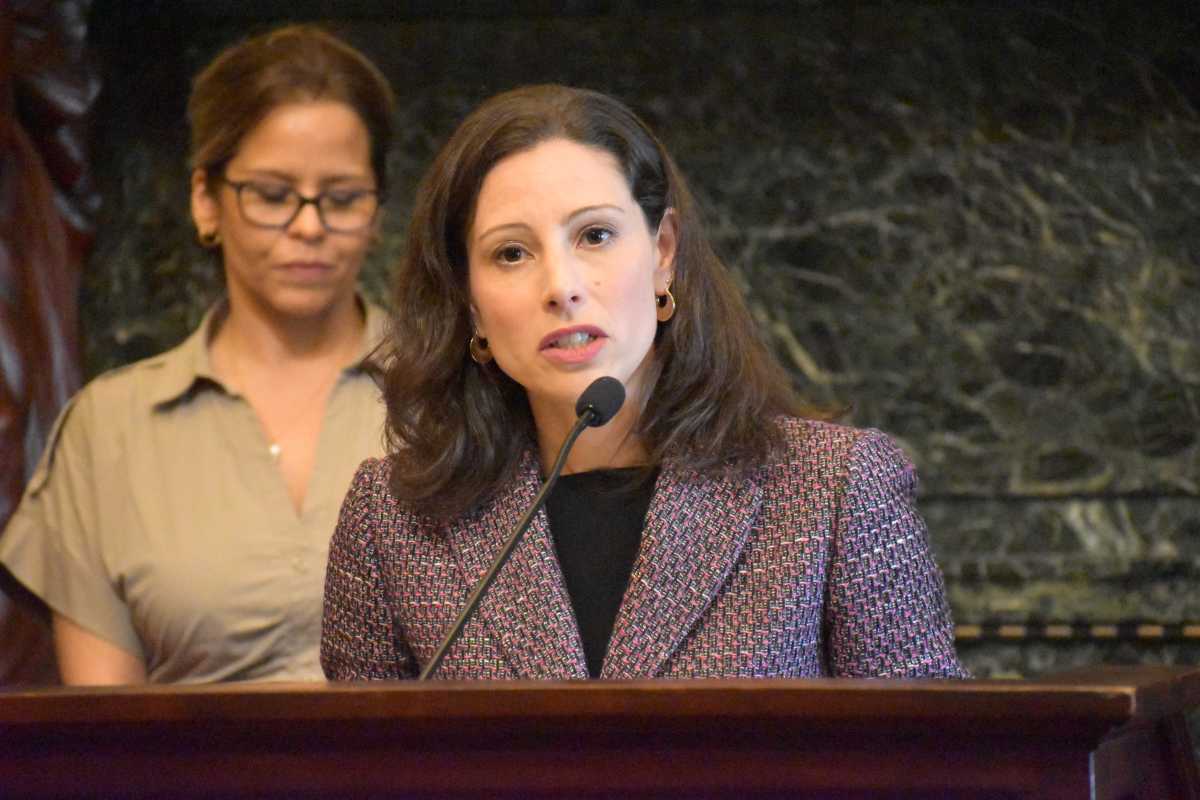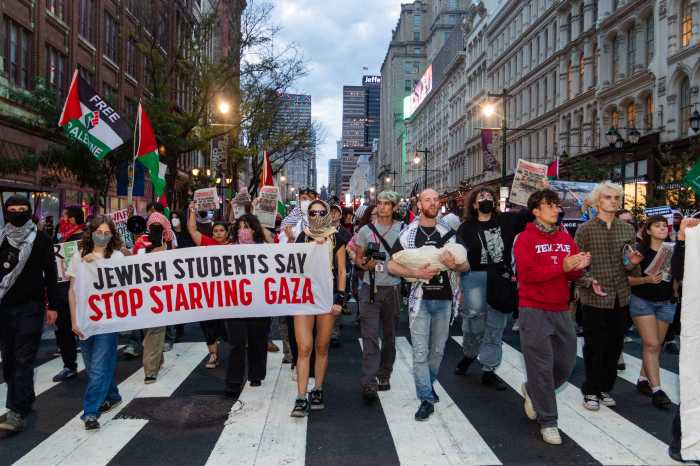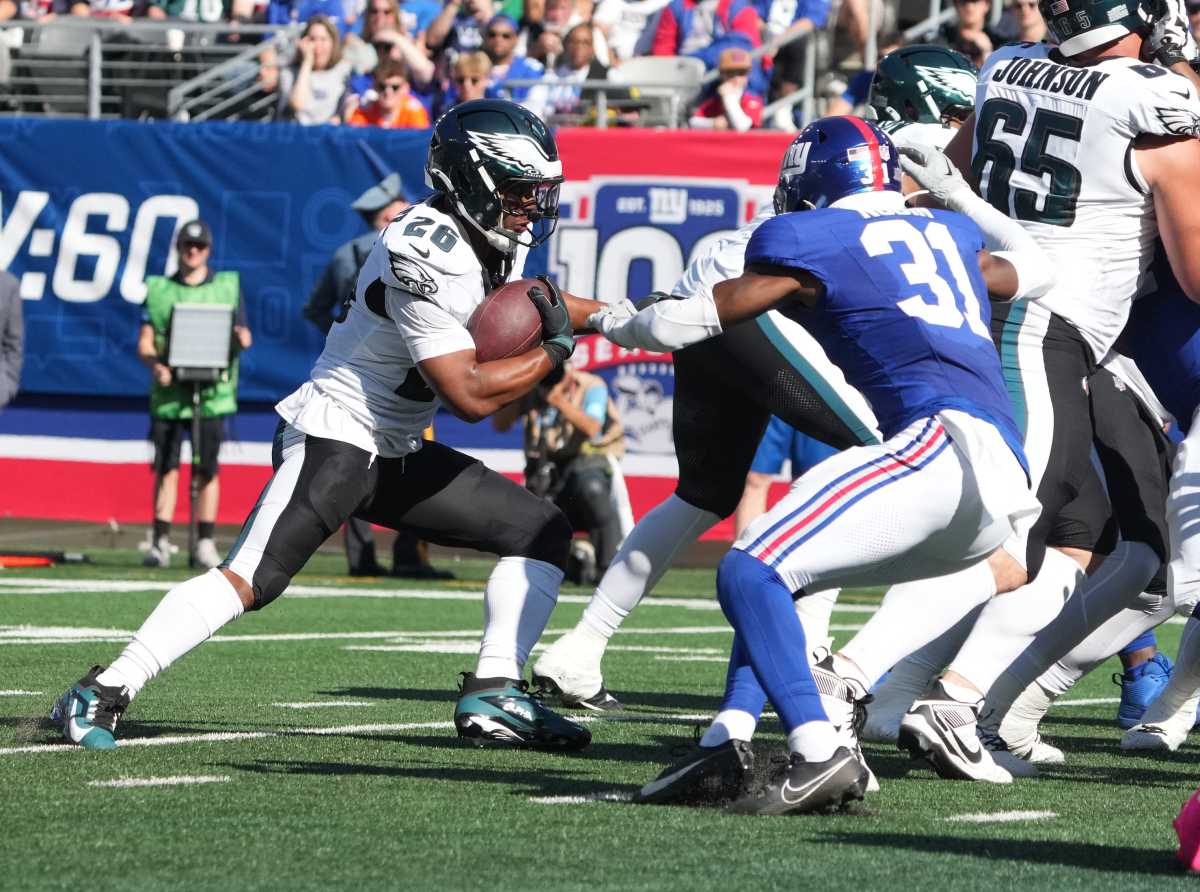Mayor Cherelle Parker’s administration is axing a tax break utilized by tens of thousands of Philadelphia small businesses because the benefit poses too great of a legal risk, officials said Thursday.
The Business Income and Reception Tax, or BIRT, exemption excludes a business’s first $100,000 in sales, meaning smaller enterprises are not required to pay the tax at all. A lawsuit filed last year argues that the exemption violates Pennsylvania’s uniformity clause, a state constitutional provision requiring flat tax rates.
“It does not matter that everybody gets the exemption,” City Solicitor Renee Garcia told reporters at an afternoon news conference. “What matters is the effective tax rate.”
Garcia said a court ruling could invalidate BIRT, which generates more than $700 million a year and accounts for about 12% of the municipal government’s overall revenue. A retroactive decision could order the city to repay that amount for the previous three years, she added.
“Now we are on notice, so the longer we keep doing this, the more at risk we are of a court doing something that could be devastating,” she added.
ZOLL, a Massachusetts-based medical device company, challenged the exemption and other aspects of the city’s tax policy in an August 2024 lawsuit. A settlement is forthcoming, though the Parker administration’s decision to eliminate the exemption is not part of the terms, Garcia said.

City Council’s Working Families Party contingent – Kendra Brooks and Nicolas O’Rourke – blasted Parker and her team for not going to court to defend the exemption.
“They are doing this despite multiple legal opinions urging the city to see the lawsuit through,” the pair said in a statement Thursday. “Their fears are overblown, and we do not understand why they would choose to undermine their legal case publicly.”
Garcia asserted that case law has changed in the decade since the BIRT exemption was implemented, making it “very possible” the program could be deemed unconstitutional. Administration officials stressed the need to protect the city’s finances from the consequences of a legal loss.
“There seems to be some confusion and misinformation circulating” since Parker announced the tax break would be ending last month in conjunction with her budget proposal, Garcia said.
Property tax benefits, such as the Homestead Exemption and the Longtime Owner Occupants Program, have been explicitly permitted through state constitutional amendments. The BIRT exemption has not, officials said.
Parker’s team has begun lobbying in Harrisburg to get similar legislation introduced, but talks are “early,” city Finance Director Rob Dubow told reporters. Passing an amendment is a lengthy process that requires multiple approvals, a ballot referendum and subsequent laws. It would likely take years.
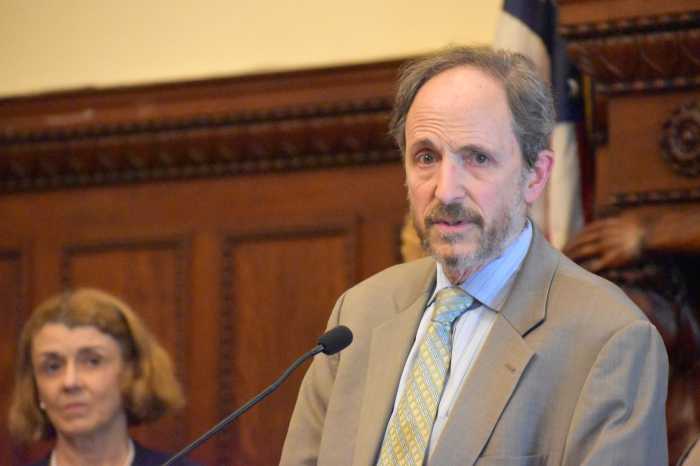
Dubow and Garcia noted that the city delayed implementation of Mayor Jim Kenney’s soda tax to avoid possible legal liability while it was being challenged in state court.
An estimated 75,000 businesses that do not currently pay BIRT or, in some cases, even file a return will be most affected by the change, according to Revenue Commissioner Kathleen McColgan. A 2024 Pew report found just a quarter of the city’s businesses earned enough to be subject to the levy.
Jennifer Rodriguez, president and CEO of Greater Philadelphia Hispanic Chamber of Commerce, said only 3% of Latino-owned enterprises achieve $1 million or more in sales.
“We do know that the BIRT has an outsized impact on our businesses,” she said. “In fact, time and time again, when we survey businesses, they tell us that the heaviest burden in tax comes from the BIRT.”
Rodriguez commended the Parker administration for investing in efforts to help entrepreneurs navigate the complex BIRT process.
The mayor has proposed setting aside $30 million to offset the impacts, about the same amount officials anticipate will be generated from lifting the exemption. A portion of the funds will go toward providing free multilingual tax preparation services for businesses earning less than $100,000 in revenue.
In the coming weeks, the revenue department will be sending out two notices to all business owners and tax professionals informing them of the changes, McColgan said.
Members of the business community have long argued that BIRT – along with a wage tax on residents and people who work in the city – has hindered Philadelphia’s economic growth and driven companies to the suburbs. Unlike most municipalities, Philadelphia taxes a business’s revenue and profits through the BIRT system.
Parker’s budget proposal incorporates about $17 million worth of reductions to BIRT and the wage tax for the 2026 fiscal year, which begins July 1. Her longer-term vision is to eliminate the BIRTs gross receipts portion and half the net income rate by 2039.
